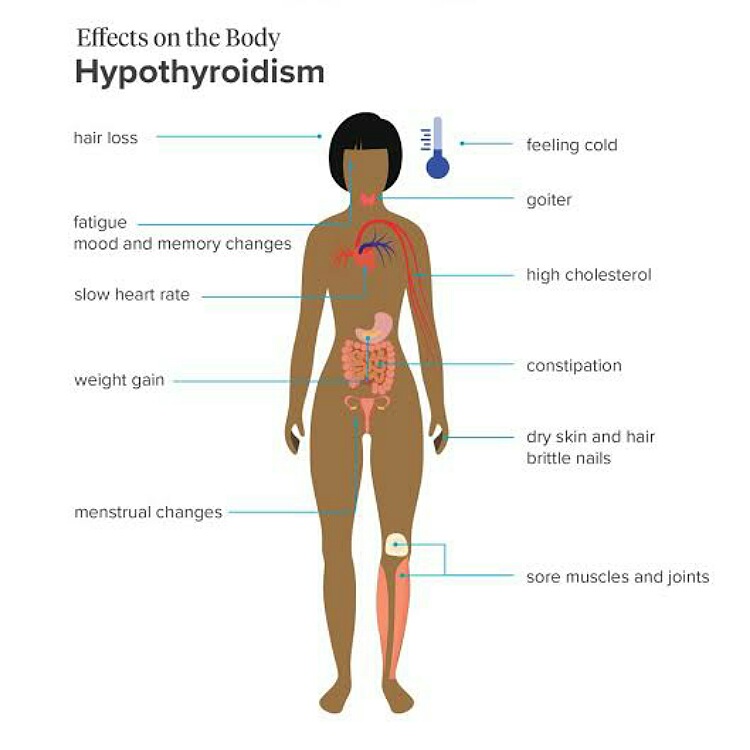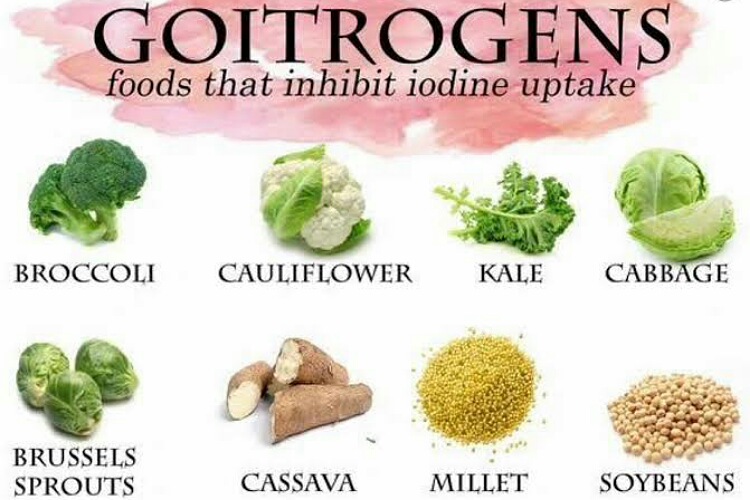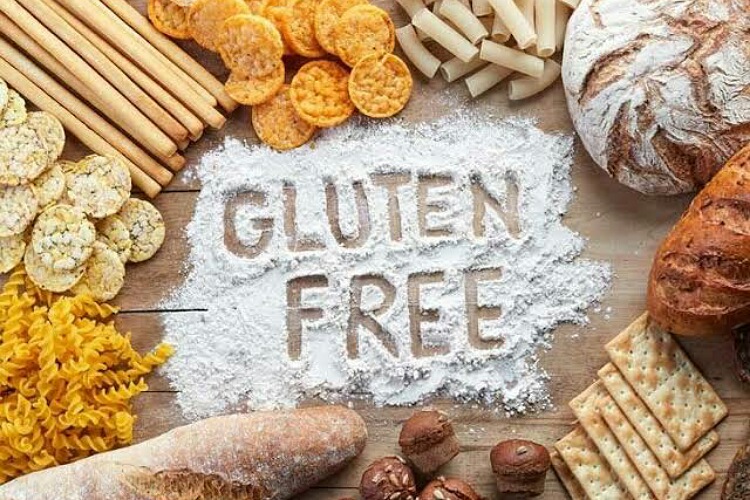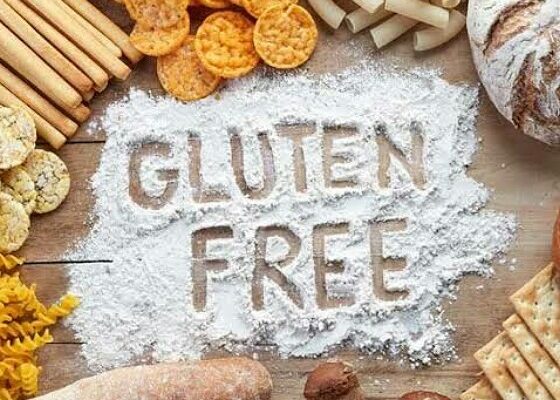0.5 to 5 percent of the US population has hypothyroidism. In this, there is less of the thyroid hormones in the body. This leads to its deficiency symptoms. Medication is a must. But certain foods can also help the condition. Which foods to eat and which to avoid in this condition?
What is hypothyroidism?
Hypothyroidism is a clinical condition of decreased thyroid hormones in the blood. The body fails to produce enough thyroid hormones and a deficiency state results. In the USA, around 0.5 to 5 percent of the people suffer from this condition.
Thyroid hormones are essential hormones for body and brain growth and development, for body metabolism, and for cell repair. Its absence gives rise to symptoms that include cold intolerance, weakness, fatigue, weight gain but hair loss, constipation, dry skin, lethargy, and altered mood.

The first line of treatment is replacement medicines. But a healthy diet and lifestyle also plays a significant role in symptoms control. Research has revealed that certain foods benefit in thyroid hormone production while other foods can hamper it.
Diet in this condition
Hypothyroidism can be due to a number of causes. But a nutritious diet is useful in overcoming the symptoms. Some studies done on Hashimoto thyroiditis have shown that gluten free, autoimmune elimination diet and the anti-inflammatory diets benefit these patients. Other studies reveal that a modified Paleo diet with no milk or grains ameliorate the symptoms of fatigue seen in this condition.

Moreover, a nutritious and calories limited diet promotes weight loss that is required in this condition. Additionally, if the diet ensures that it has vitamin B complex, zinc, vitamin D, magnesium, iodine, and selenium, then the symptoms would be lesser. Hence a balanced diet with right amounts of macronutrients and rich in micronutrients is the key to good health in these patients.
Minerals and vitamins and low thyroid function
Iodine
It is an important element required for production of thyroid hormones. Some regions of the world are deficient in this micronutrient. Whereas other regions have ample amounts of it. Before starting supplements, consult your treating physician. Because an excess of iodine can also be bad for the body and for thyroid gland.
Selenium
Selenium is a must for thyroid health. It protects the cells from oxidative damage. Have selenium rich foods such as Brazil nuts, eggs, legumes, tuna and salmon. Supplements of this mineral also lower the antibodies and improve thyroid hormones.
Zinc
This promotes thyroid hormones production and thyroid gland health. Having it in supplements form can boost thyroid function.

Vitamin D
This vitamin can also improve thyroid function. Have adequate amounts to ensure benefit.
Vitamin B12
The levels of this vitamin might be low in these cases. One can do the blood test and start supplements if the levels are low.
Magnesium
Low levels are associated with thyroid dysfunction. Supplements have been shown to improve thyroid function.
Iron
Anemia can impair thyroid function. Iron supplements especially in women does improve thyroid hormones levels too. Proteins, vitamin A, vitamin C and calcium also play a role in symptoms alleviation.
Hypothyroid patients should avoid gluten rich foods and ultra processed foods. Cruciferous vegetables and soy products contain goitrogens and should be avoided.
Also, read 8 foods rich in phytoestrogens! Their health benefits!
Have a diet high in fiber and protein. Have lots of fruits, vegetables, legumes, beans, nuts, seeds, eggs, lean meat, fatty fish, poultry, avocado, olives and oil, milk and gluten free grains. Prefer less of sugar and saturated fats.
